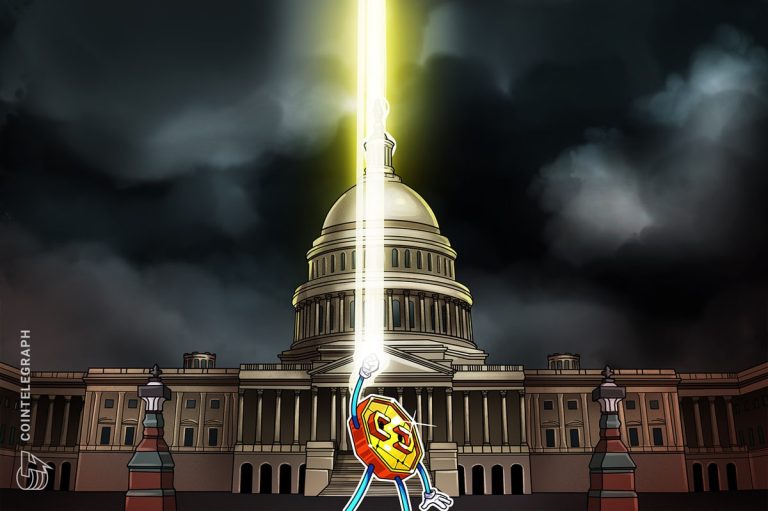The largest federation of trade unions in the US says it has “serious concerns” about the Senate’s draft bill to regulate crypto, claiming it lacks worker protections and poorly regulates the sector.
The American Federation of Labor and Congress of Industrial Organizations (AFL-CIO) opposed the Responsible Financial Innovation Act (RFIA), arguing in a letter to the Senate Banking Committee on Tuesday that it would pose significant risks to workers and the financial system.
The bill’s treatment of crypto assets “poses risks to both retirement funds and to the overall financial stability of the US economy,” said AFL-CIO director Jody Calemine.
He added that the bill will enable the crypto industry to “operate in wider and deeper ways in our financial system without sufficient oversight or meaningful safeguards.”
Senators Cynthia Lummis and Kirsten Gillibrand originally introduced the RFIA in 2022 and revised it earlier this year. The Senate Banking Committee is developing the bill as an alternative approach to regulating crypto with a different scope and regulatory emphasis, rather than advancing the CLARITY Act, a market structure bill the House passed in July.
Protecting workers and pensions
Calemine said that the AFL-CIO “supports efforts to update regulatory regimes to better protect workers from the volatility of this asset class,” but the bill only “provides the facade of regulation.”
Related: Crypto execs meet US lawmakers, discuss Bitcoin reserve, market structure bills
He added that rather than insulating workers from the crypto volatility, the bill “would increase workers’ exposure by greenlighting retirement plans like 401(k)s and pensions to hold this risky asset.”
More systemic risks
Calemine also claimed that the taxpayer-backed Deposit Insurance Fund, which protects consumer bank deposits, would be subject to greater risk if banks were allowed to custody crypto.
He also said that the legislation “codifies the tokenization of securities and assets” such that private companies have a pathway to “create a shadow public stock” outside of Securities and Exchange Commission oversight.
AFL-CIO headquarters in Washington, DC. Source: AFL-CIO
2008 financial crisis redux
The AFL-CIO compared these potential risks to those that caused the 2008 financial crisis, which was high-risk lending by commercial banks.
“Banks engaging in crypto-based hedge fund trading activity, which would be allowed under this regime, could be even riskier than some of the dangerous financial activities conducted before the 2008 financial crisis.”
Calemine concluded with a call to oppose the Responsible Financial Innovation Act, which is still a discussion draft and not yet formally introduced.
Magazine: Hong Kong isn’t the loophole Chinese crypto firms think it is


